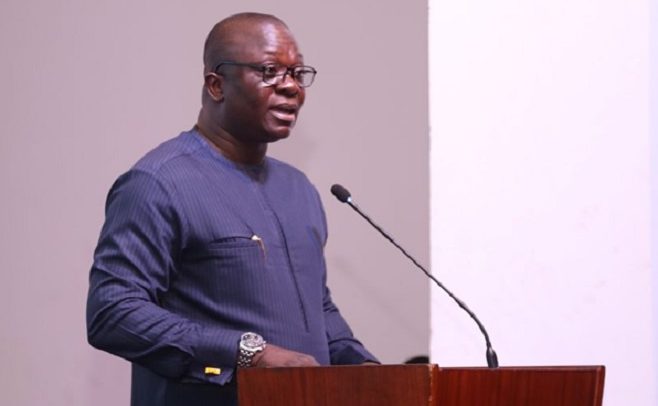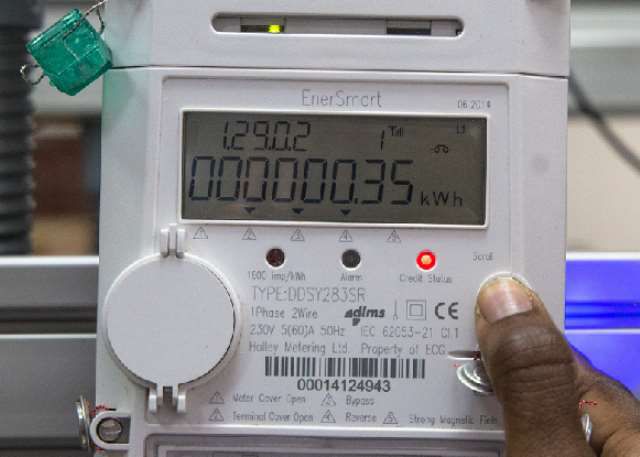
ON Saturday, April 12, President John Mahama launched the Feed Ghana Programme (FGP) in the Bono East Regional capital of Techiman.
More than just a bold and forward-thinking initiative to transform Ghana’s agricultural sector, the FGP is also a timely intervention to address the growing issue of youth unemployment.
At a time when Ghana faces high food import bills, rising joblessness, and nutrition challenges, the FGP signals a renewed commitment to self-sufficiency, job creation, and sustainable development.
At the heart of the programme is the desire to reduce Ghana’s dependence on imported food, boost local food production, create numerous job opportunities across the allied agriculture sectors, and increase incomes of farmers, especially in the rural areas.
Not only are the statistics on food imports staggering, but also alarming. For example, it is estimated that the country spends $2bn annually on food imports, including whopping $400 million on poultry alone.
The FGP seeks to reverse this trend by empowering citizens, institutions, and industries to produce food locally. The first component promotes backyard and community gardening.
As President Mahama noted, “This taps into a cultural memory many Ghanaians hold dear—the era of Operation Feed Yourself.”
FGP encourages households to grow vegetables such as tomatoes, garden eggs, onions, and peppers at home. This not only reduces food costs but also improves nutrition and fosters a culture of resilience and responsibility at the household level.
Another key element of the programme is institutional farming, especially in senior high schools and public institutions with land. This supports school feeding programmes while also instilling in students a greater appreciation for agriculture as a career path.
In addition to fostering youth interest in agriculture, the programme’s job creation potential is immense.
One of its most impactful pillars is the Nkukor Nkitinkiti poultry initiative. A major campaign promise by President Mahama, this component is aimed at reviving the poultry sector. It is expected to support 50 anchor farmers to raise a total of four million birds, while 55,000 households will each rear 500 birds annually.
We at The Ghanaian Times view this as a major boost to the domestic poultry value chain, with strong potential to create jobs, improve nutrition, and uplift rural livelihoods—especially for women and youth.
Equally significant is the deployment of 5,000 agriculture and veterinary graduates to support implementation.
These professionals will serve as essential links between research institutions and farming communities, helping to modernise agricultural practices and improve yields.
The programme also includes key stakeholders such as the National Service Scheme, Ghana Prisons Service, and faith-based organisations. Their involvement strengthens the programme’s foundation and highlights its broad-based, inclusive approach to food security.
While we commend the government for this well-designed initiative, it is vital that implementers draw from the experiences of the previous Planting for Food and Jobs programme. Learning from both its successes and challenges will help avoid pitfalls and enhance the impact of the FGP.
The Feed Ghana Programme represents a transformative opportunity. With commitment, innovation, and collaboration, it could mark the beginning of an agricultural renaissance in Ghana.
We must all therefore rally behind it to ensure its success.
The post Feed Ghana – A bold step towards food security, national prosperity appeared first on Ghanaian Times.
Read Full Story









![Rider feared dead after accident at Kasoa-Ofankor, motorbike lands on rooftop [video]](https://sportal365images.com/process/smp-images-production/pulse.com.gh/12042025/01049b67-7887-4c09-96e7-cdcc209a6018.png)












Facebook
Twitter
Pinterest
Instagram
Google+
YouTube
LinkedIn
RSS